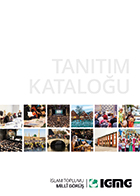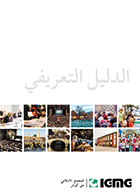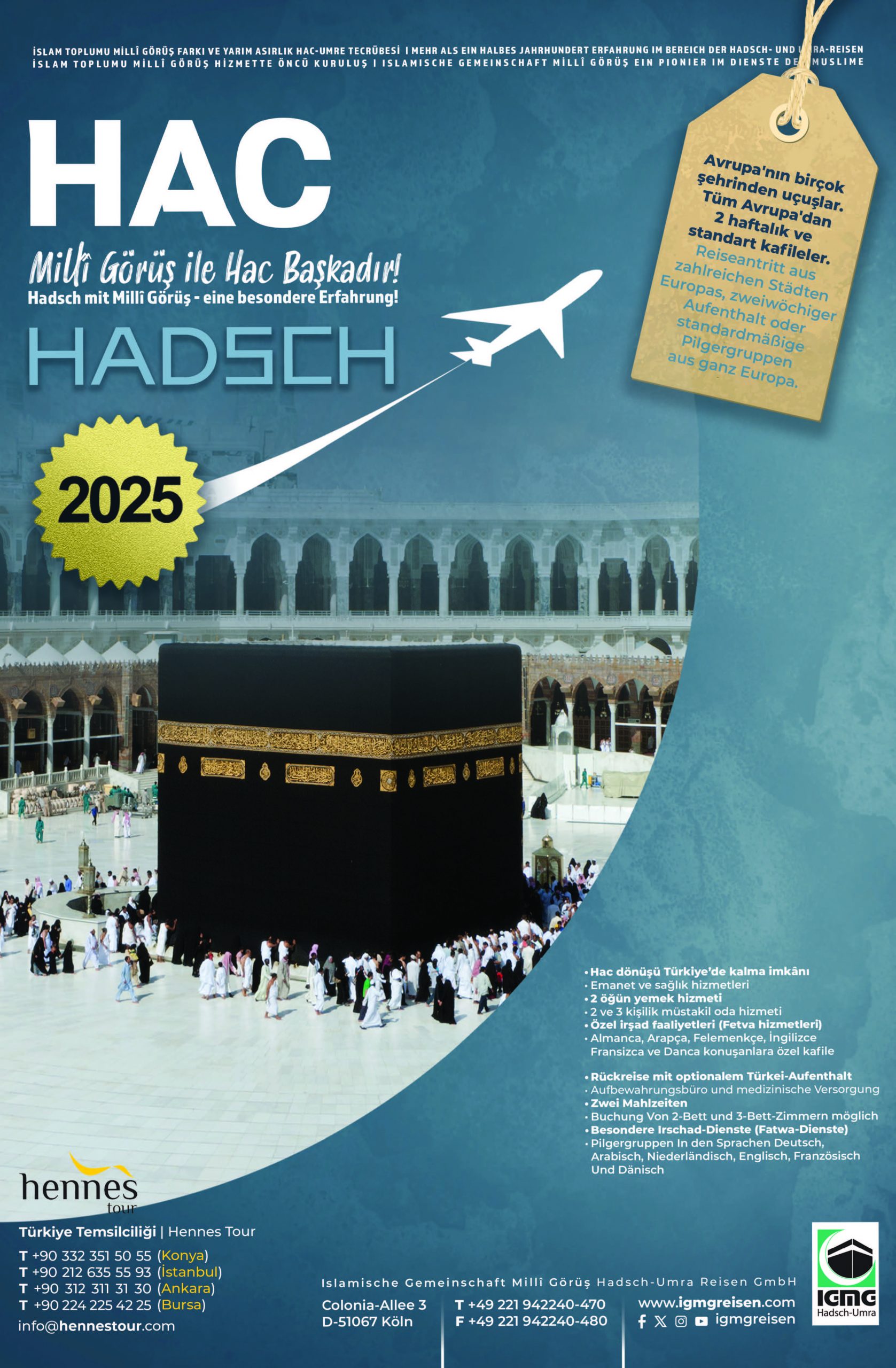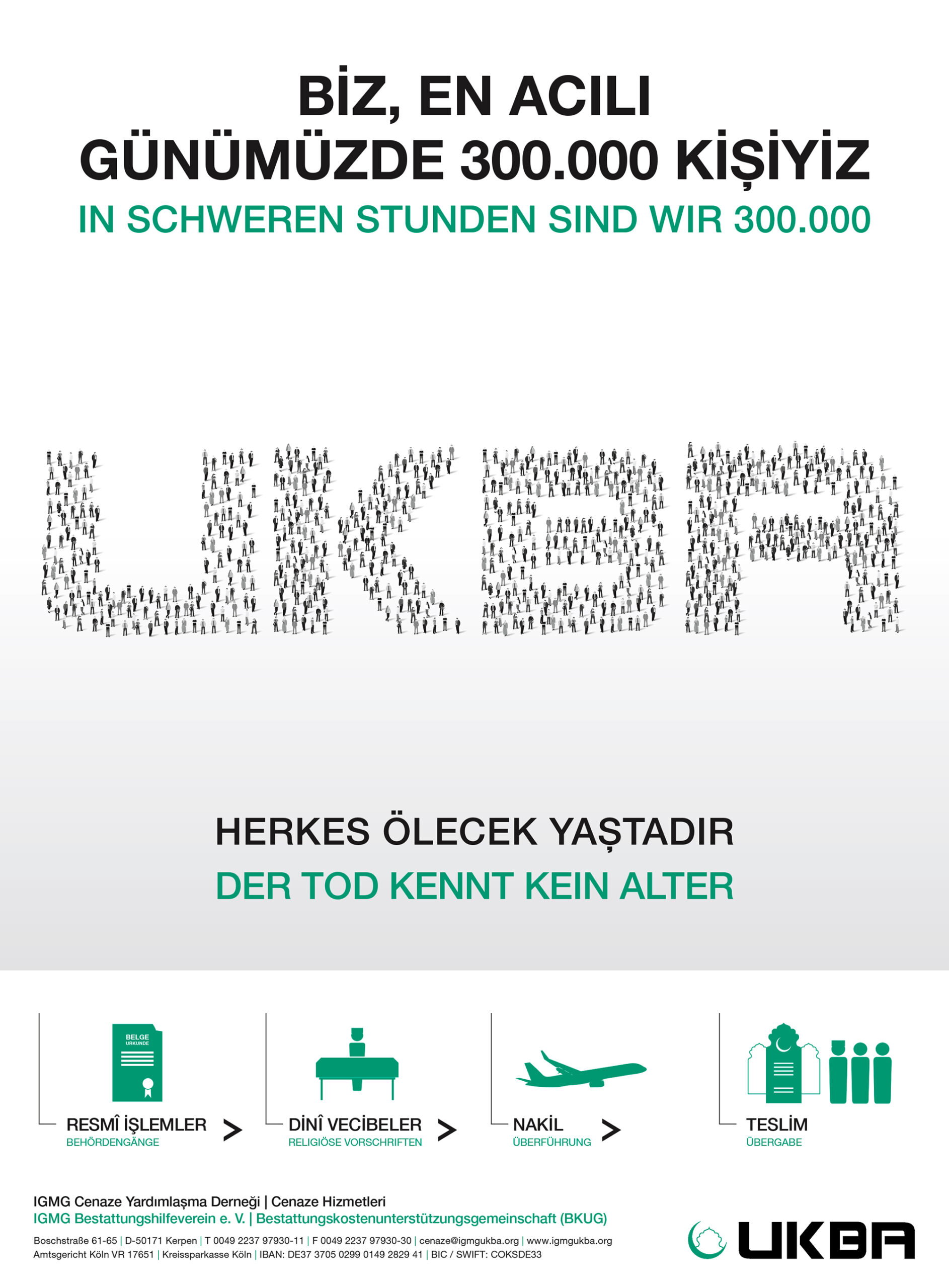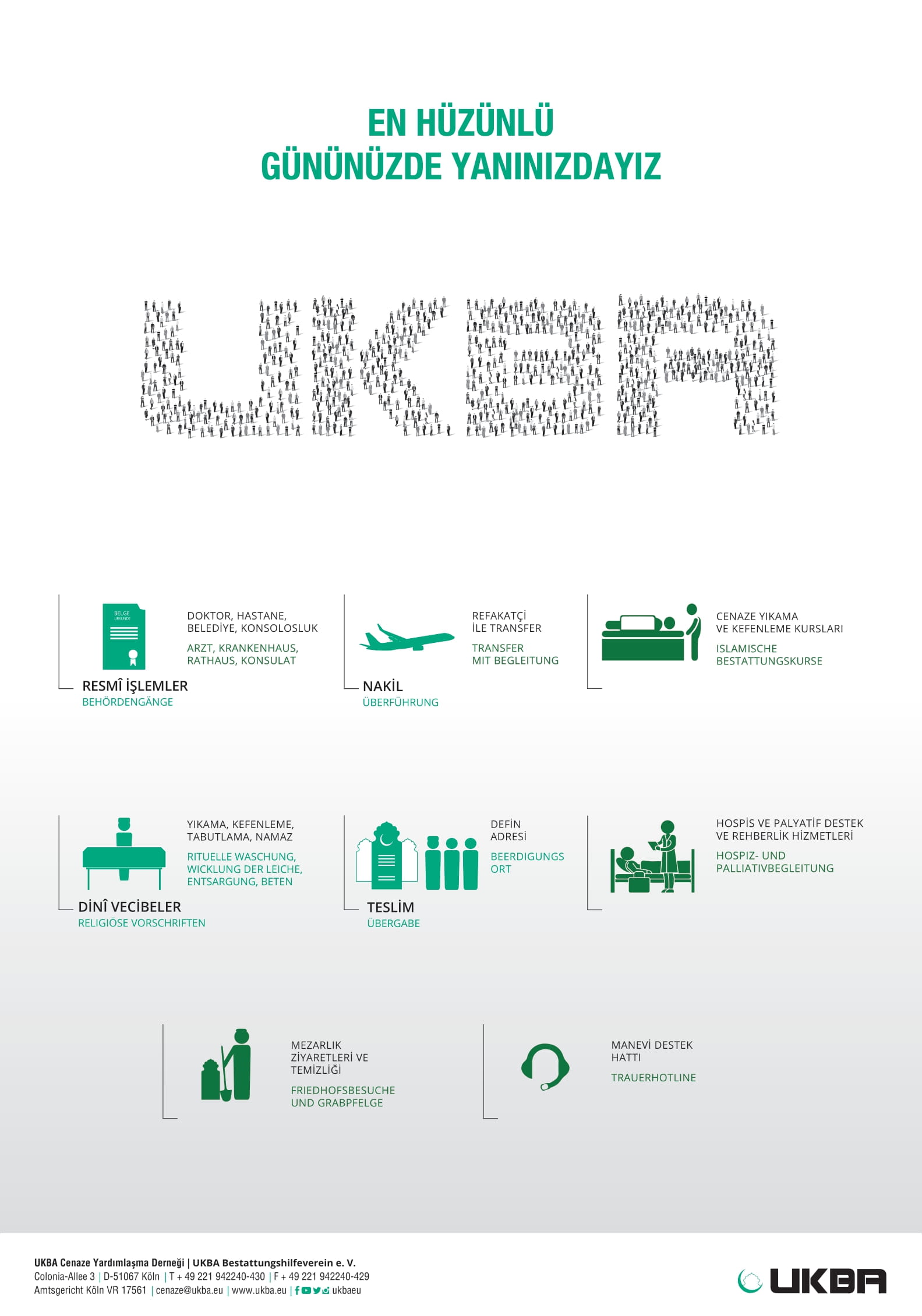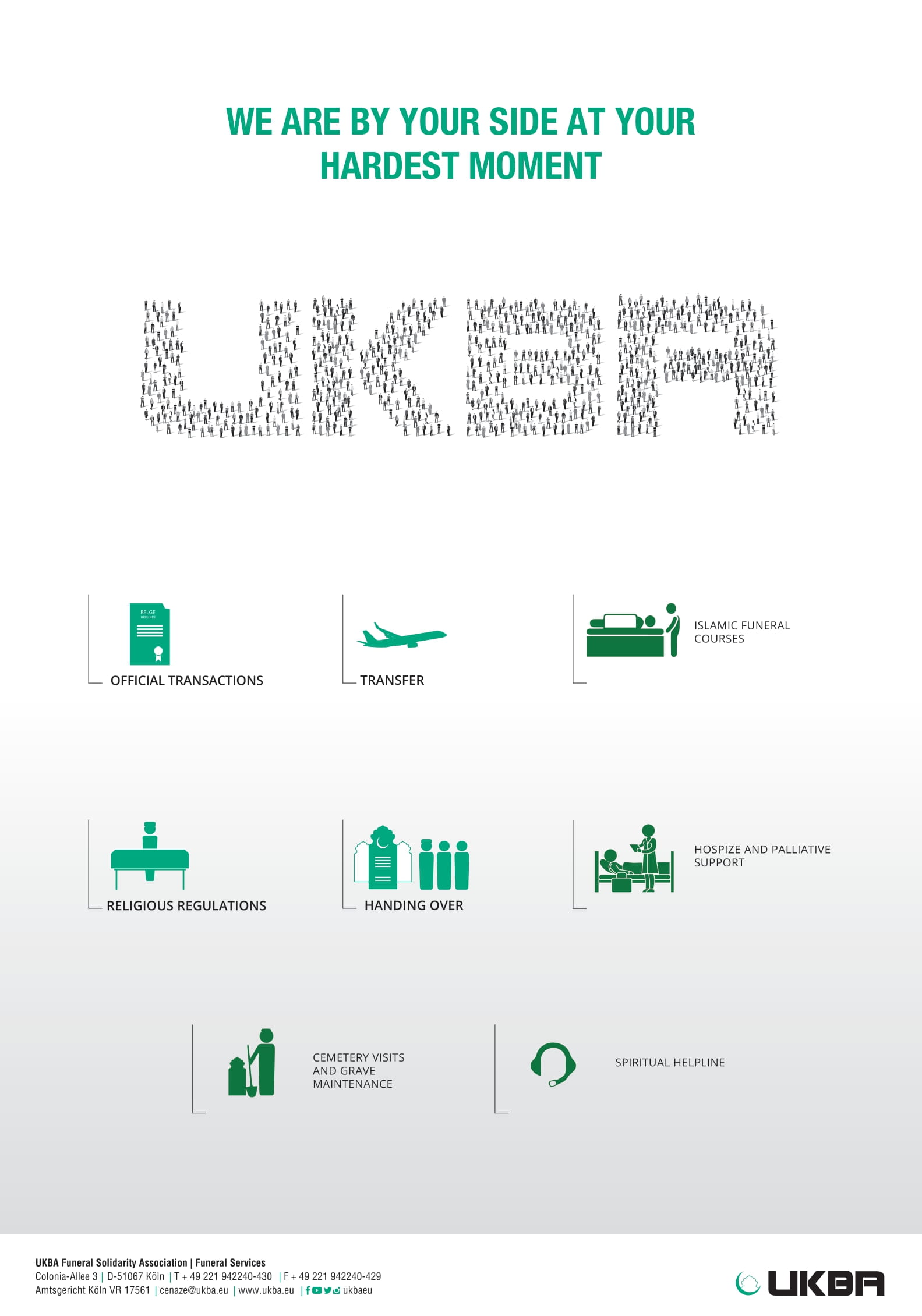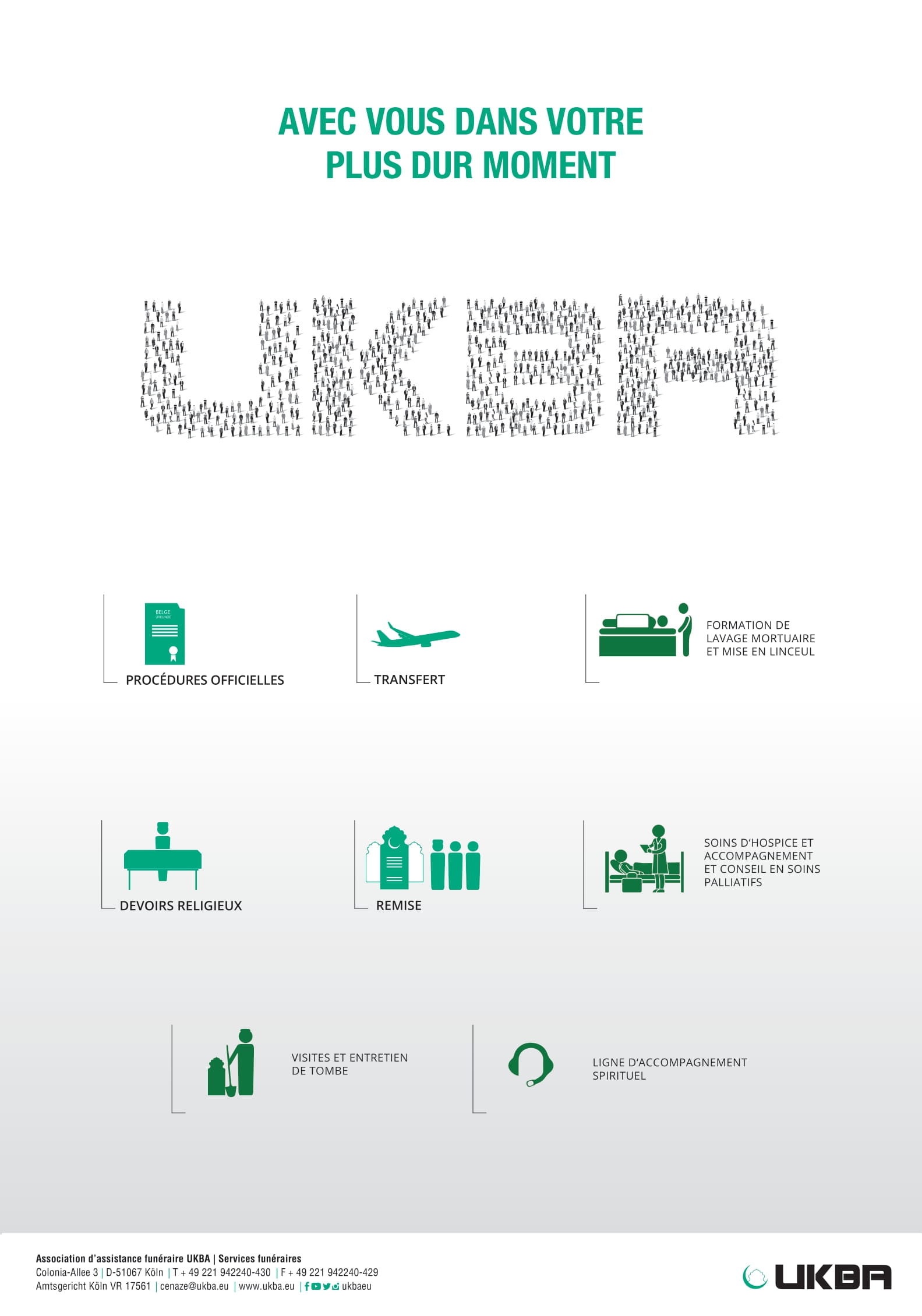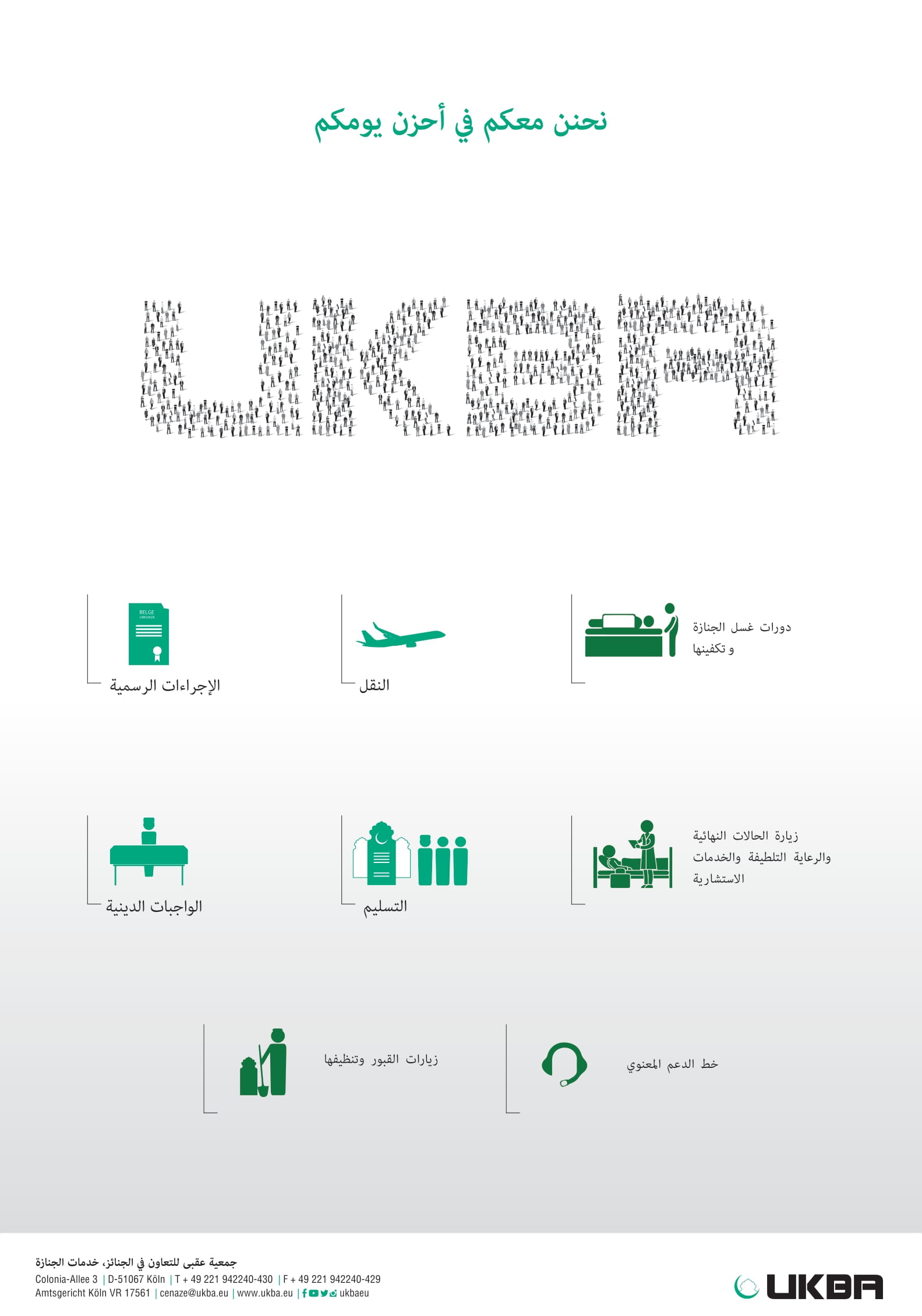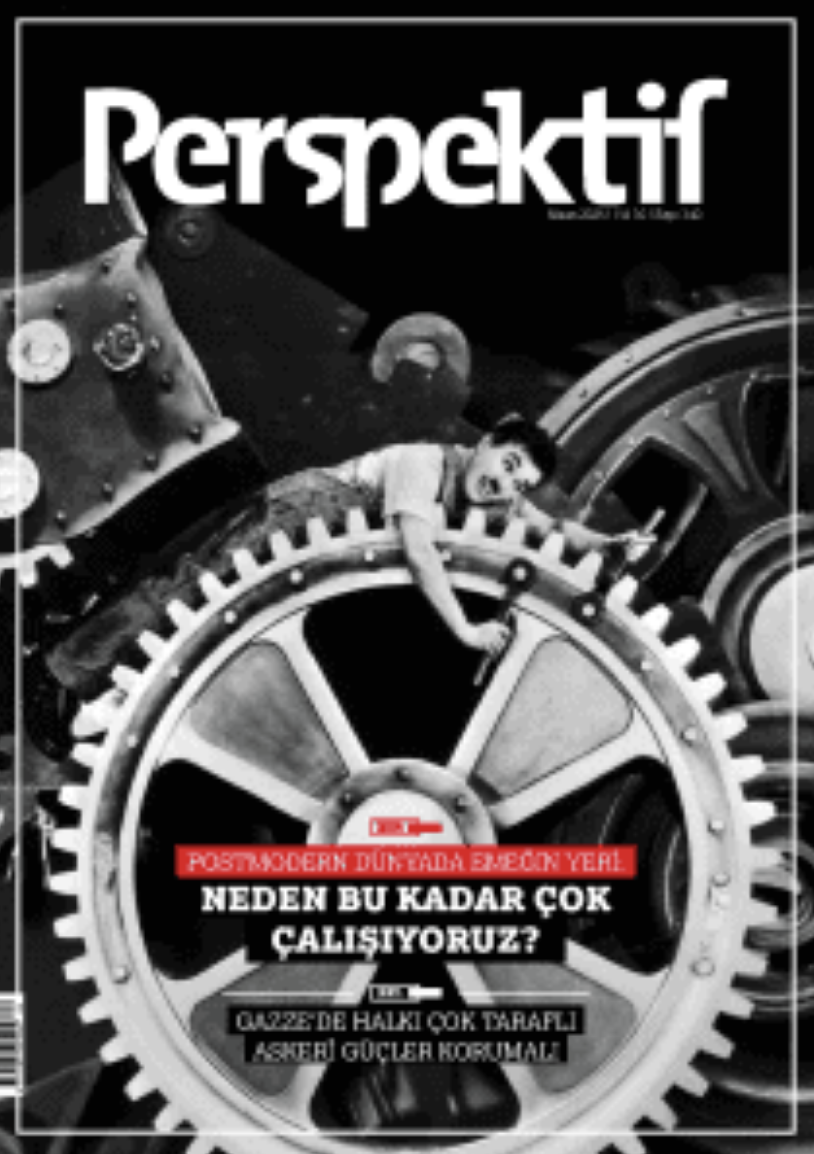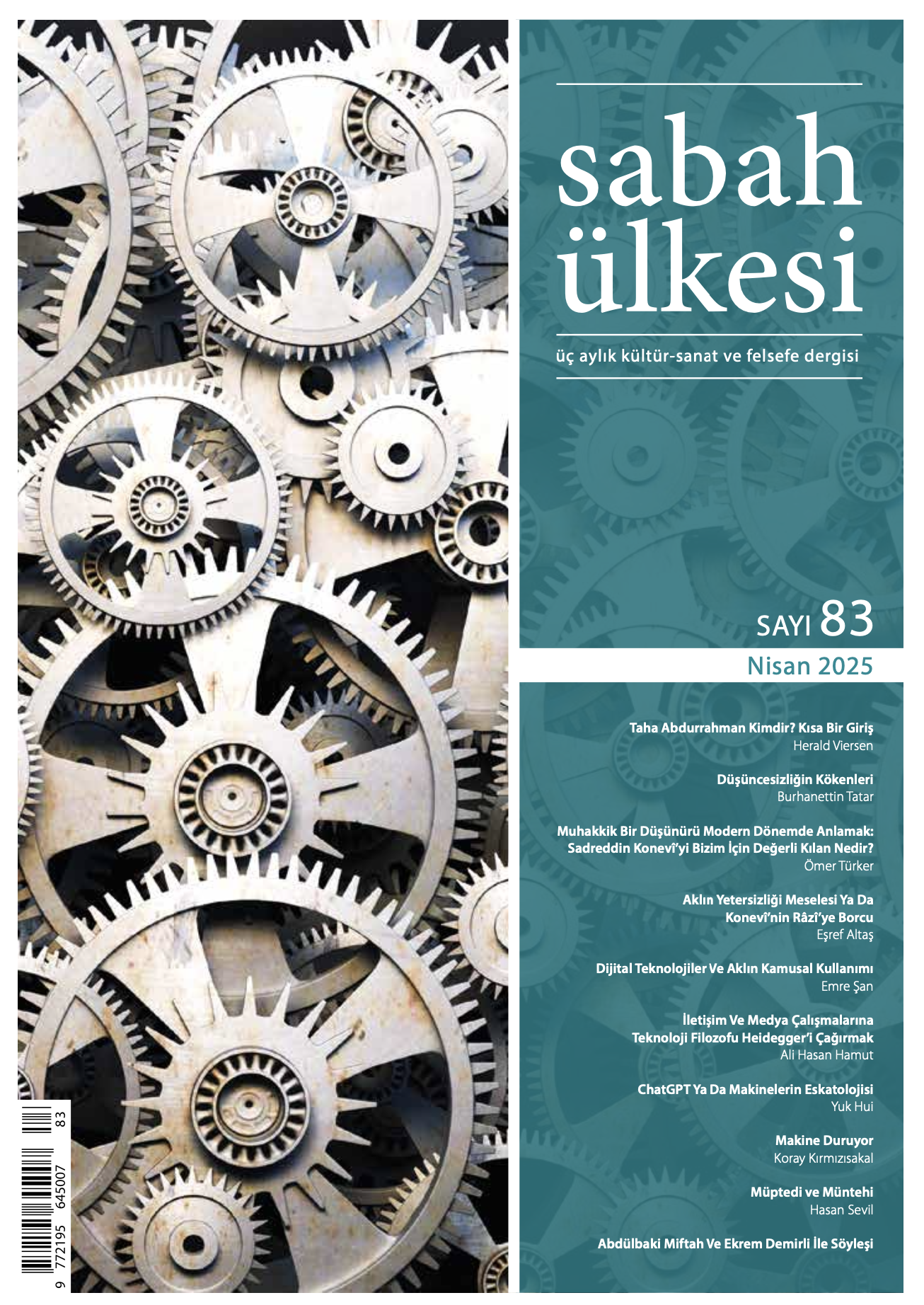Friday Khutba
The Reckoning of Life: The Worship of Itikaf
28. March 2024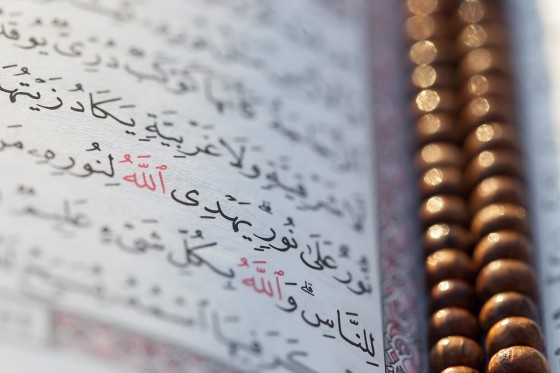
Dear Brothers and Sisters!
We are approaching the last ten days of Ramadan, where the atmosphere of mercy surrounds our entire being and each act of worship reaches its peak through fasting. When we talk about the last days of Ramadan, the practice of Itikaf comes to mind. Itikaf involves withdrawing from all worldly activities and secluding oneself in the mosque to devote all one’s time to worship.
In the verse from the Quran that we recite at the beginning of the khutba, Allah (swt) describes the Kaaba as a place for Itikaf, saying, “And [mention] when We made the Kabah a place of return for the people and [a place of] security. And take, [O believers], from the standing place of Ibrahim a place of prayer. And We charged Ibrahim and Ismail, [saying], “Purify My House for those who perform tawaf and those who are staying [there] for worship and those who bow and prostrate.’”
According to the narration from Aisha (ra), “The Messenger of Allah (saw) used to observe Itikaf during the last ten days of Ramadan. He continued this practice until his passing.” The particular emphasis on observing Itikaf during the last ten days of Ramadan holds special significance as it provides an opportunity to dedicate oneself to worship during the Night of Decree (Laylat al-Qadr). Indeed, Aisha (ra) reported, “The Messenger of Allah exerted intense effort in worship during the last ten days of Ramadan, spent the nights in devotion, and would wake up his family members for worship.”
During the Sunnah of Itikaf, it is recommended to remain within the confines of the mosque except for essential needs. A person engages in as much prayer as they are able, continues reciting the Quran, and never stops seeking forgiveness. They continue their dhikr and dua to Allah (swt) with a sincere heart. Furthermore, Itikaf presents a great opportunity to delve deeper into understanding the Quran and the life of the Prophet.
Dear Brothers and Sisters!
In various stages of life, it is compulsory upon individuals to reflect on themselves and dedicate their time to Allah. Fasting enters the life of a person whose inner world has become like a dark prison due to the sins committed and who is enslaved by worldly desires. It rescues them from the shackles of sensual feelings. It stands as a shield against the greedy desires of the ego. Indeed, freedom through fasting is depending upon a person’s release from their worldly prison and their submission to their lord.
Dear Brothers and Sisters!
In these days of fasting that we have left behind, how much have we been able to safeguard our hearts? How much have we purified our minds from sins? What have we done to bring joy of fasting to our families? Whose orphan have we made smile? Whose distress have we eased?
Indeed, Itikaf stands before us as an important opportunity to hold ourselves accountable. It also enables us to contemplate the wisdom behind our creation. For during Itikaf, time seems to stand still. We step out of our daily lives, leaving worldly worries behind. With all our time, we surrender ourselves to the Almighty. This surrender begins with sincere repentance and continues with intense self-reflection.
Dear Jama’ah!
If we want to continue our lives in accordance with the pleasure of Allah after Ramadan, then we must make the most of the spiritually enriching days we spent during Ramadan. For this reason, the Allah (swt) has drawn attention to the act of Itikaf, and the Prophet Muhammad (saw) devoted himself to worship during the last ten days. Therefore, we should enter into Itikaf to the best of our ability. For those who are unable to do so, they should dedicate specific times of the day solely to worship.
1 Surah Al-Baqarah, 2:125
2 Buhârî, İtikâf, 1-18
3 Müslim, İtikâf, 7
Khutba – english
Khutba – turkish
Khutba – german
Khutba – arabic
Khutba – french
